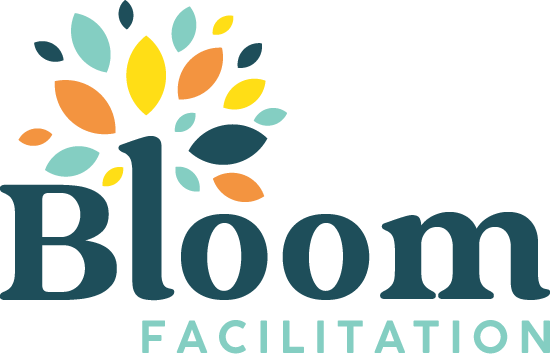I deal with human systems; how people work together (or don’t) to accomplish a goal.
To do so, I have studied how organizations function and how we can change them.
The Beginning: Scientific Management – Organization as Machine
Back in the day (like 1910), people who studied management and organizations (like Frederick Taylor) thought of a company like a machine. People were seen as cogs in the machine and it was thought that if you could design the machine the right way and put in the right inputs you would get the desired outputs.
But anyone who has worked with other humans knows that humans have free will and are unpredictable. Just because someone in leadership comes up with a plan and a strategy, it does not mean that the strategy will be implemented as designed. Leaders can not control the outputs just by controlling the inputs and the organizational design.
For that matter, no one in the organization has that type of control.
There is a famous study that was done in a factory in the days of “scientific management” in which they tried to change the amount of light in the factory and see what light level resulted in the greatest amount of productivity of the workers. What they found was surprising. At all of the extremes of the light level – very dim, very bright, the group that was being studied outperformed the control group.
Why would this be?
Because the workers understood that they were being observed and the group that had that level of attention paid to them worked faster and more efficiently than those that were not being studied.
Next: Systems Theory and Chaos
Once management theorists discarded the idea of an organization functioning like a machine, they started viewing it as a system. Systems theory was born around the 1960’s and evolved to become mainstream in the business world in the 1990’s. One of its thought leaders was Peter Senge. His book, the Fifth Discipline is one that I still keep close by my desk.
Systems theory helps us understand that the whole (the organization) is greater than the sum of its parts (inputs like people and resources).
Understanding this idea – that the interaction between and among different parts of a system can create different and sometimes unexpected outcomes is critical to understanding organizational change. Studying organizations as systems led people to see the chaotic nature of systems, where outcomes emerge that were not what the leader specifically intended.
But it doesn’t go far enough.
Now – Complexity Theory – Unpredictable and Emergent
That is why I am now studying the new wave of organizational science, which studies organizations and human systems as complex systems.
Complexity Science is a new and emerging field. It grew out of work at the Santa Fe Institute in the 1980’s and is used to study everything from biology to artificial intelligence to organizational development.
Complex systems are ones in which there are emergent properties that are unpredictable.
Weather is a common example of a complex system. Small changes in ocean temperature or other factors can complete change the direction and velocity of a storm in a way that can not be exactly determined ahead of time.
We can understand the rules of complex systems, but we can not predict outcomes or use equations to understand what will happen next. We can not control the behavior of the system, we can only observe patterns and make interventions to shift the behavior towards a desired outcome.
For example, complex systems have positive and negative feedback loops. Systems oscillate between chaos and order do stay in balance. Energy regulation is a great example. Too much energy and the system, whether it is a company or a human body can get overexcited and burnout. Too little energy and the system can wither and die.
I’m interested in how people who work in an organizational system can create and sustain positive change. I’m also interested in how we can observe and predict when a system is ready for change, when it is going too far into chaos, or when it is in a feedback loop that will lead to its destruction.
Learn more
Two books that I recommend that speak about complexity science are:
Notes on Complexity: A Scientific Theory of Connection, Consciousness, and Being by Neil Theise
and
Getting To Maybe: How the World is Changed by Frances Westley, Brenda Zimmerman, and Michael Quinn Patton
I will continue to share what I learn as I study this field.
